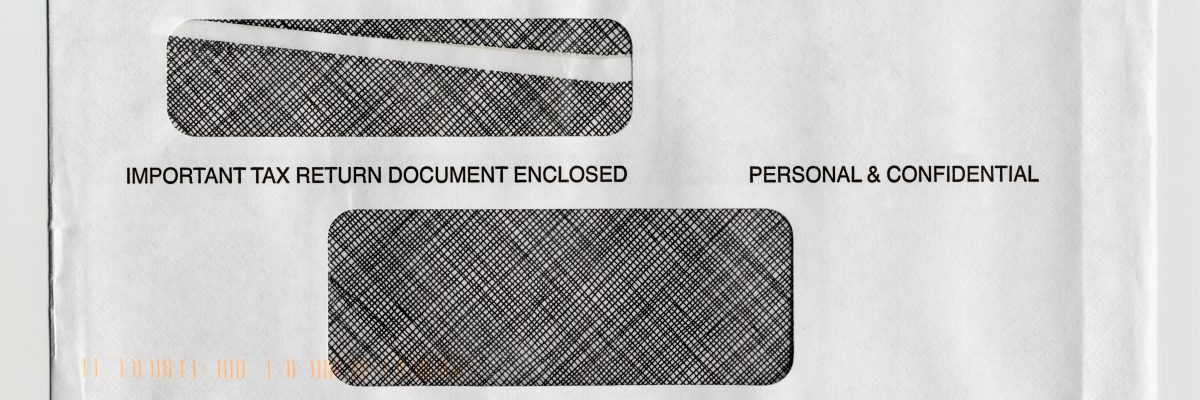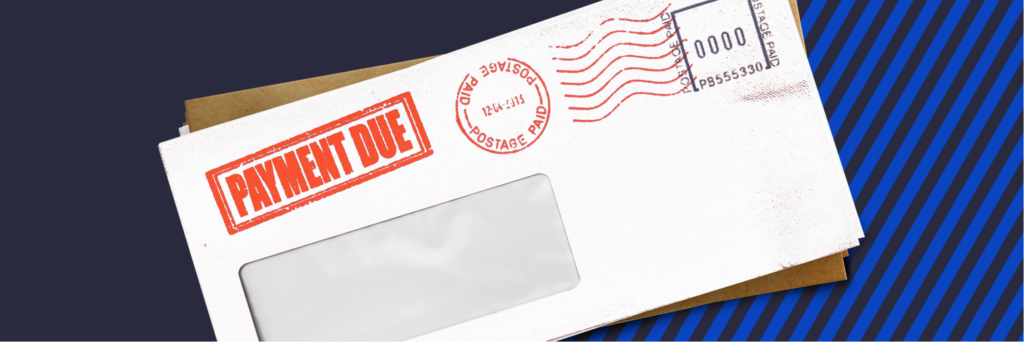According to CNBC, many taxpayers prefer to get refunds, but getting a large refund may not be the best choice for your finances. Sure, getting a check for a lump sum feels great – maybe you’re already thinking about the vacation or larger purchase you’re planning to make – but believe it or not that money may have been better off staying with you in the first place.
For some, a large refund could be the difference between making a credit card payment or bill on time. The average refund is nearly $3,000 which adds up to about $250 in extra taxes each month – cash that may make the difference between missing a car payment or bouncing a rent check for many lower-income Americans.
Since a large portion of the American population has more credit card debt than savings, it would be beneficial to manage debt with on-time payments and receive more money per paycheck rather than wait for a refund. It is important to remember that your tax refund is money that accrues no interest while your debt continues to accrue interest. Translation: your debt is getting bigger, but the amount you’re overpaying in taxes is not.
So what should you do to make the most of your finances come next tax-day? If you’d prefer to avoid a big tax refund, take a look at the W-4 form that you filled out on your first day of work. Chances are that things may have changed in your life since then and it may be time to adjust your withholdings to avoid over-paying. Big life events – marriage, divorce, buying a home or having a baby can all have an impact on the amount that is taxable from your paycheck. Use the IRS’s handy tax withholding calculator to check in on your withholdings.
You can also get ahead and prepare for next year’s tax season by putting your refund amount towards your IRA’s annual maximum for this year. Here’s why: Contributing to an IRA now just might help you with next year’s taxes, as you may be able to claim a deduction. Once you adjust your tax withholdings, you may want to consider increasing the amount you invest in your employer’s 401(k) plan, especially if they offer a match. That’s free money from your employer. Don’t leave it on the table.




